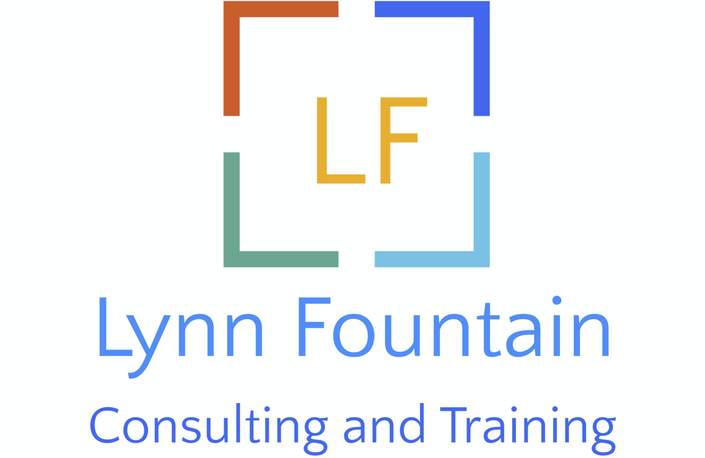
COSO 2013 Risk Assessment Component
Field: Auditing | Delivery Method: Self Study | CPE Hours: 1.0
Enroll in Course
Commission (COSO) released its Internal Control—Integrated Framework (the original framework). The new framework will become effective in December 2014. Professionals must first obtain a basic understanding of the concepts, principles and potential impact, including changes from the 1992 framework and the key COSO components and related principles.
- Control Environment
- Risk Assessment
- Control Activities
- Information & Communication
- Monitoring
- The organization must specify objectives with sufficient clarity to enable the identification of risks relating to the objective.
- The organization identifies risks to the achievement of its objectives across the entity and analyzes risks as a basis for determining how the risks should be managed.
- The organization considers the potential for fraud in assessing risks to the achievement of objectives.
- The organization identifies and assesses changes that could significantly impact the system of IC.
- Defining Risk Assessment component for COSO 2013
- Examining the four principles supporting the risk assessment component.
- Articulation of the 32 Points of focus that supports the four principles of the risk assessment component.
- Utilizing these points of focus most efficiently in your transition process.
- Design of principles vs. execution – understanding the critical difference.
- How the Risk Assessment component connects to the other four components of COSO.
Field: Auditing
CPE: 1
Delivery Method: Self-Study
Format: Video
Your Instructor

Consultant, CPA, CGMA, CRMA, MBA, Past Chief Audit Executive
Business Consultant, Trainer, Author
Ms. Fountain has over 40 years of experience spanning public accounting, industry accounting and consulting. Sixteen years of that experience has been in the field of internal audit, risk managment and process improvement. She is well adept to assist your organization evaluate business strategy, perform risk assessments, establish a Sarbanes-Oxley process, synergizing internal audit processes or perform process improvement projects.
As a past corporate executive Lynn has a passion for working with professionals to enhance their processes and provide leading edge education. She has authored and delivered hundreds of training courses for accounting, finance and audit professionals. Her training is filled with not just theory but real world application.
Ms. Fountain has authored three technical publications:
-Leading the Internal Audit Function
-Raise the Red Flag
-Ethics and the Internal Auditor's political dilemma
Lynn is a recognized leader in the internal audit profession as well as a recognized business professional.
Ms. Fountain obtained her BSBA from Pittsburg State University and her MBA from Washburn University in Kansas. She has active, current CPA, CGMA, and CRMA credentials.
